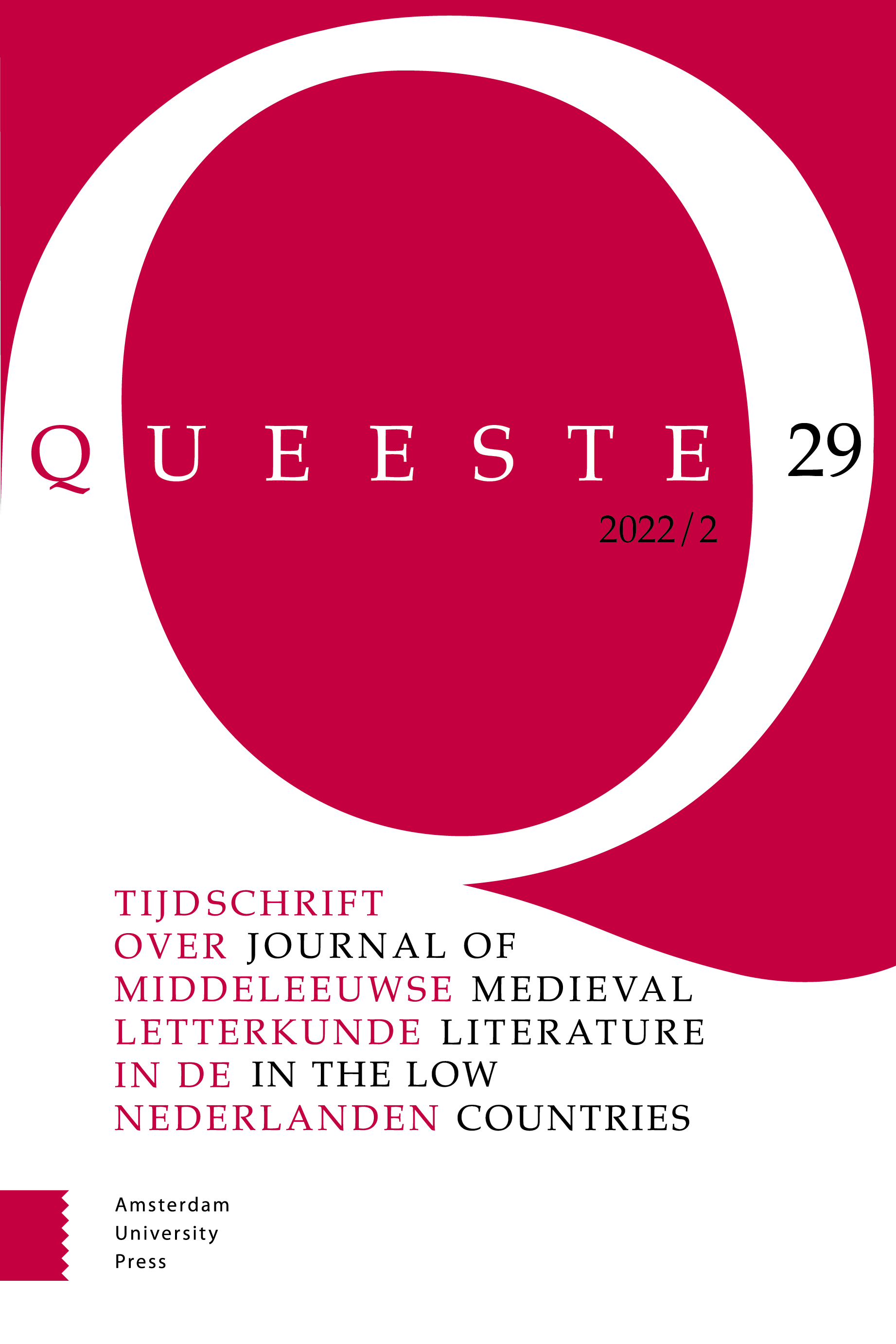-
oa Migrants’ Multilingual Coping Mechanisms
The Language Strategies of Refugees from the Early Modern Low Countries
- Amsterdam University Press
- Source: Queeste, Volume 29, Issue 2, dec. 2022, p. 168 - 173
-
- 01 dec. 2022
Samenvatting
In the sixteenth century, thousands of migrants moved away from the Southern Low Countries, the region most affected by the upheavals related to the Dutch Revolt. As their area of origin was marked by multilingualism, many of these migrants were used to navigating between Latin, Dutch, and French, and were bi- or multilingual themselves. A new project investigates how they exploited their linguistic capacities as a commodity, a form of immaterial starting capital in their new places of residence: while some left everything behind, they brought their language skills with them. The project concentrates on the three regions that welcomed the most migrants from the Southern Low Countries: the British Isles, Germany, and the Northern Low Countries. Each of these regions had its own linguistic marketplace, in which certain languages were valued more than others. Especially the French tongue, that was spoken as a second language by many migrants whose mother tongue was Dutch, could be useful for its professional and social value. By analysing the strategic language choices of a selection of migrants, this project aims to reveal how multilingualism was part of their coping mechanism, helping to rebuild their lives abroad.


